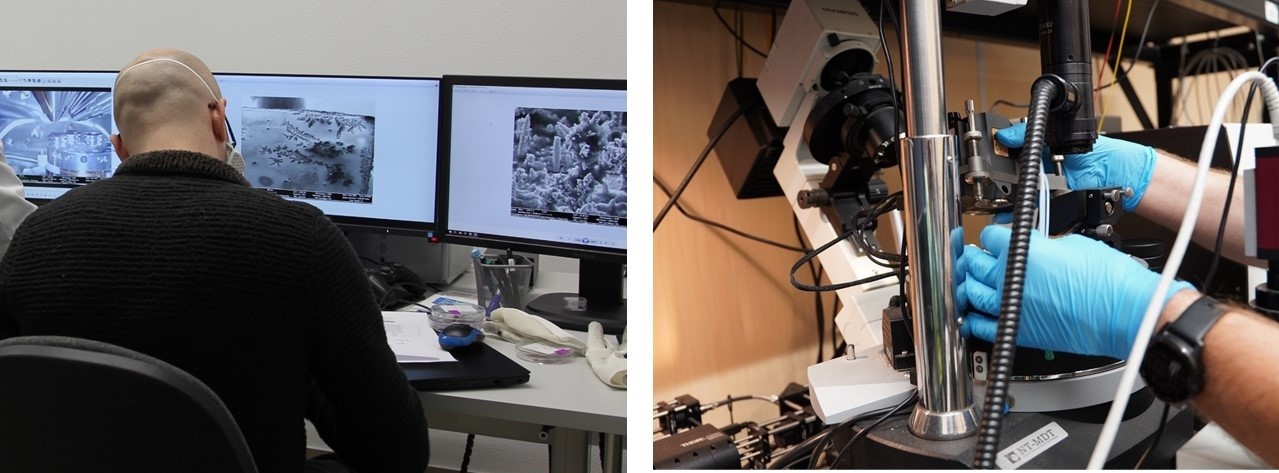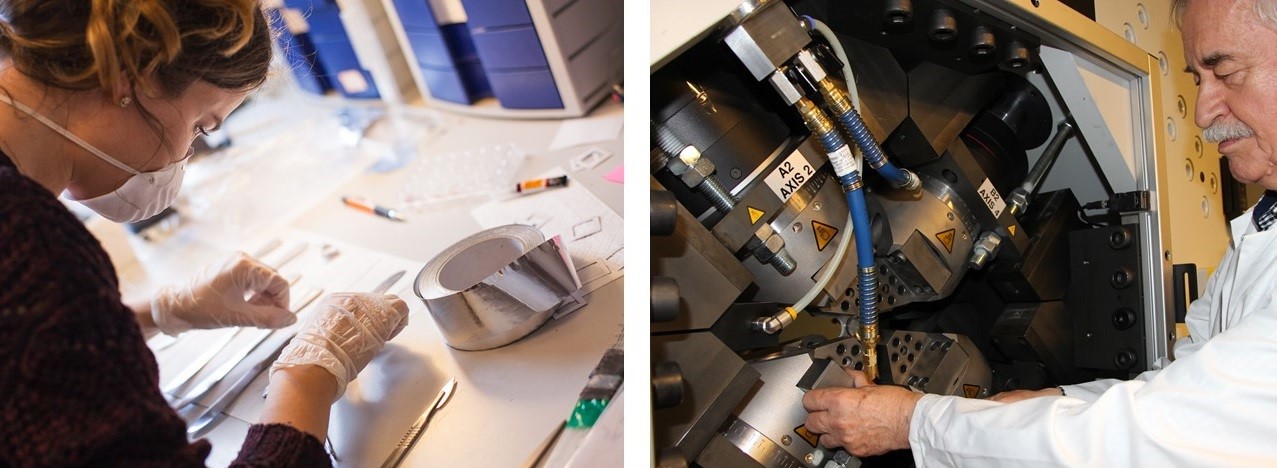We invite you to explore our research project and unit registries, as well as the research profile of IPPT PAN.
Institute of Fundamental Technological Research Polish Academy of Sciences conducts high-quality theoretical and experimental scientific research in science and technology on both fundamental and world-class levels.

The scope of our research is multidisciplinary, which is reflected in the number of scientific qualifications which are given by the Institute (Mechanical engineering¸ Information technologies and telecommunications, Material engineering, Automation, electronics and electrical engineering). In addition, in 2019, the Institute was accredited by the Centralna Komisja to confer doctoral degree in the field of biomedical engineering.
The combining research at IPPT PAN is comprehensive, mutually supportive and complementary, producing a synergistic outcome. We:
- conduct experimental research in state-of-the-art laboratories, working on world-class appratatus,
- carry out modeling and analytical research (application of differential and stochastic equations theories, use of artificial intelligence),
- develop advanced calculation methods allowing for simulating evolutions of processes in complex mechanical systems and materials and in biological systems.

Research is conducted in active cooperation with renown science, research and industrial centers in Poland and abroad (incl. Princeton University, University of California, ETH Zurich, University of Illinois, Sapienza University of Rome, University of Derby, Ecole Polytechnique, Wiezmann Institute of Sciences and many others). The cooperation has so far resulted in many shared projects, studies, scientific exchange (intensified also thanks to the NAWA project), and publications in prestigious journals.
In recent years, our activity has been oriented towards issues of crucial importance to the modern world, especially in the fields of:
- Advanced problems of modern mechanics and materials engineering,
- New multifunctional materials, multicomponent materials, and shape memory materials,
- Nanomaterials (incl tissue engineering) and nanoflows,
- Designing new materials using evolutionary algorithms (incl. graphene-like materials),
- Intelligent technologies in engineering science,
- Systems biology, bioinformatics, neuroinformatics,
- Ultrasound diagnostics in medicine.
Combining advanced experimental research led on world-class apparatus and mathematical methods with an extensive knowledge of computer science allows for analyzing very complex states and processes occurring both in compound materials and biological systems.


















